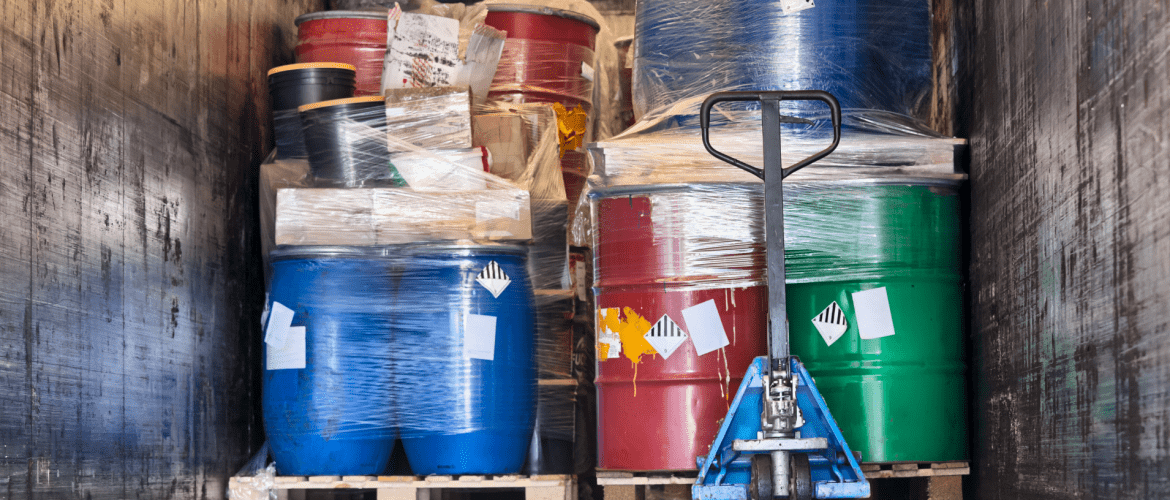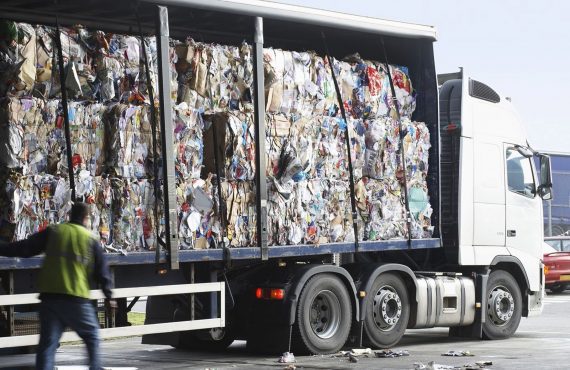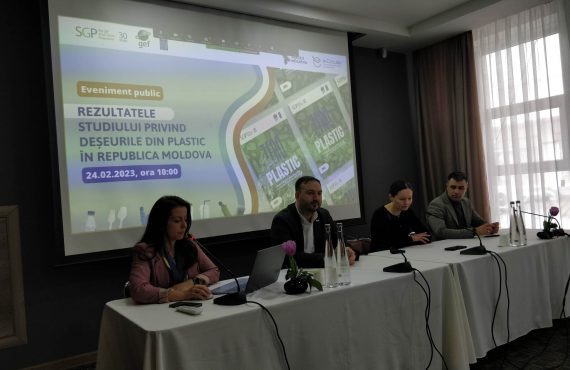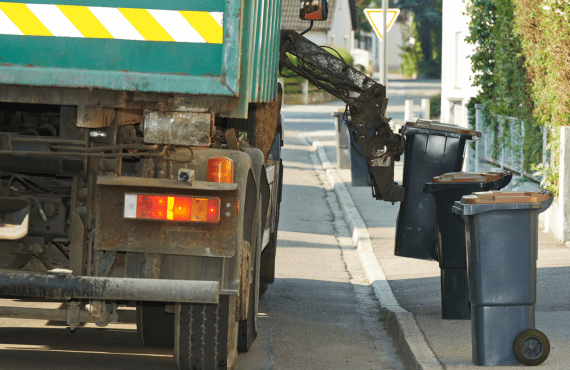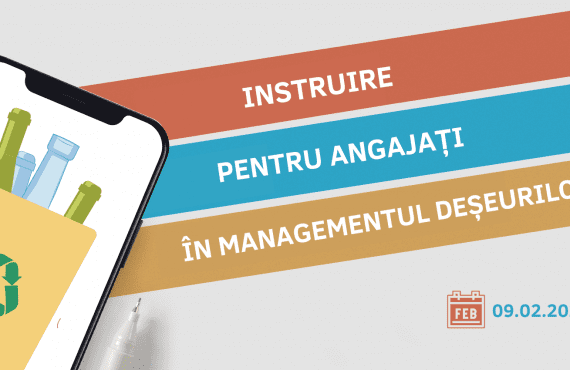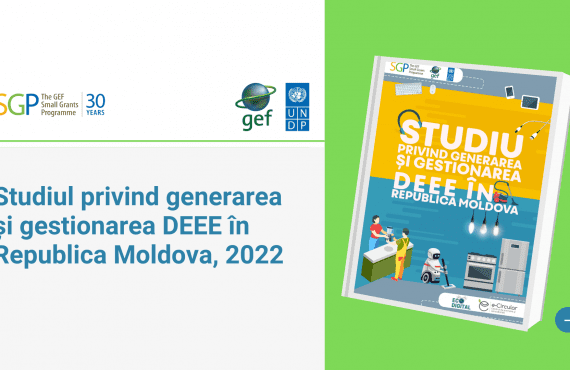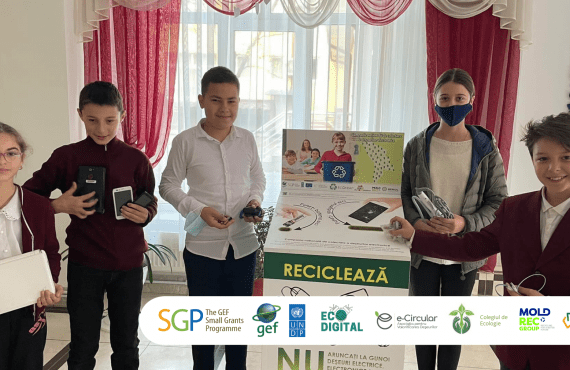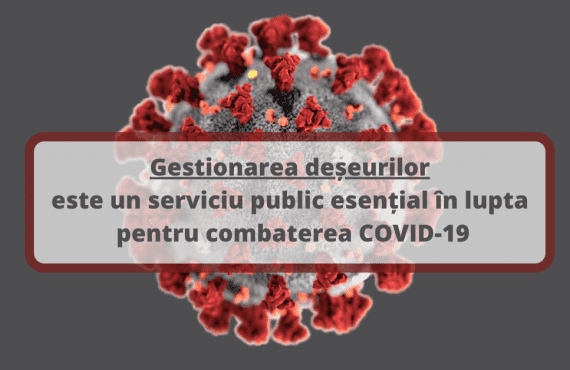Waste traceability is the acquisition of a system to locate and follow the chronological path of a waste, identifying each of its records, from its generation until the end of its waste status, i.e. its recycling/disposal.
| Article 44. Transport of waste (1) Specialized transport operators for the transport of waste must be authorized in accordance with this law. (2) The transport of waste is carried out in accordance with the provisions of the normative acts regulating the transport of dangerous goods on the territory of the Republic of Moldova. (3) The authority of the central public administration in the field of transport monitors compliance by transport operators with the provisions and requirements of the European Agreement on the international road transport of dangerous goods, concluded in Geneva, to which the Republic of Moldova acceded through Parliament Decision no. 44-XIV of June 4, 1998. (4) For the rail, sea or air transport of waste, transport operators must comply with the regulations issued by the central public administration authorities in the fields of transport and the environment. (5) The cross-border transport of waste is carried out in accordance with the provisions of the legislation, art. 64 of this law and of the international treaties to which the Republic of Moldova is a party. |
Law no. 209/2016 on waste regulates the waste transport activity and the obligations of transport operators. In addition to the waste law, since 2003 it has been approved Regulation on the control of cross-border transport of waste and its disposal, which from this year will be repealed with the entry into force of Regulation on the transfer of wastei.
| Article 45. Obligations of transport operators Waste transport operators have the following obligations: a) to use only specialized means of transport for the transport of waste, so that the regulations regarding the protection of the environment and the health of the population are respected; b) to ensure the training of personnel for safe loading, transport and unloading of waste and for intervention in case of malfunctions or accidents; c) to have all the necessary accompanying documents for the transported waste, which show the holder, the recipient, the types of waste, the place of loading, the place of destination and, as the case may be, the amount of transported waste and their coding according to the law; d) not to leave waste on the route; e) to comply with the provisions of this law and the Regulation on the transport of dangerous goods on the territory of the Republic of Moldova, other normative acts approved by the Government; f) to have the technical equipment for intervention in case of malfunctions or accidents occurring during the transportation of hazardous waste or, if they do not have the technical equipment and the appropriate personnel, to ensure this through specialized units; g) to keep chronological records of the quantity, nature and origin of waste, as well as records of means of transport; h) to notify the Ministry of Agriculture, Regional Development and the Environment about any transport of hazardous waste before carrying it out, as well as the authorities of the public administration in the field of internal affairs in the case of the transport of waste with a risk of fire or explosion. |
The new document sets out the procedures and control regimes for waste transfers, depending on the origin, destination, transfer route and the treatment applied to the waste at destination. The main objective of the Regulation is to ensure environmental protection and compliance with ecological security requirements for the import, export and transit of waste transferred for recovery and disposal. The regulation sets out the conditions to which waste transfers are subject and the procedures to be followed to authorize them. The document provides a procedure for notification and prior written consent prior to transfers of hazardous and non-hazardous waste to disposal operations. In addition, it sets requirements for the export/import of waste for recovery and disposal only in countries that accept the import and have the necessary capabilities. In order to ensure waste traceability, import and export notifications will be registered in the "Waste Management" Automated Information System, which represents all the program products and technical equipment intended for collecting, storing and processing information.
More details about the new provisions We invite you to discover in Waste Management magazine no. 34

